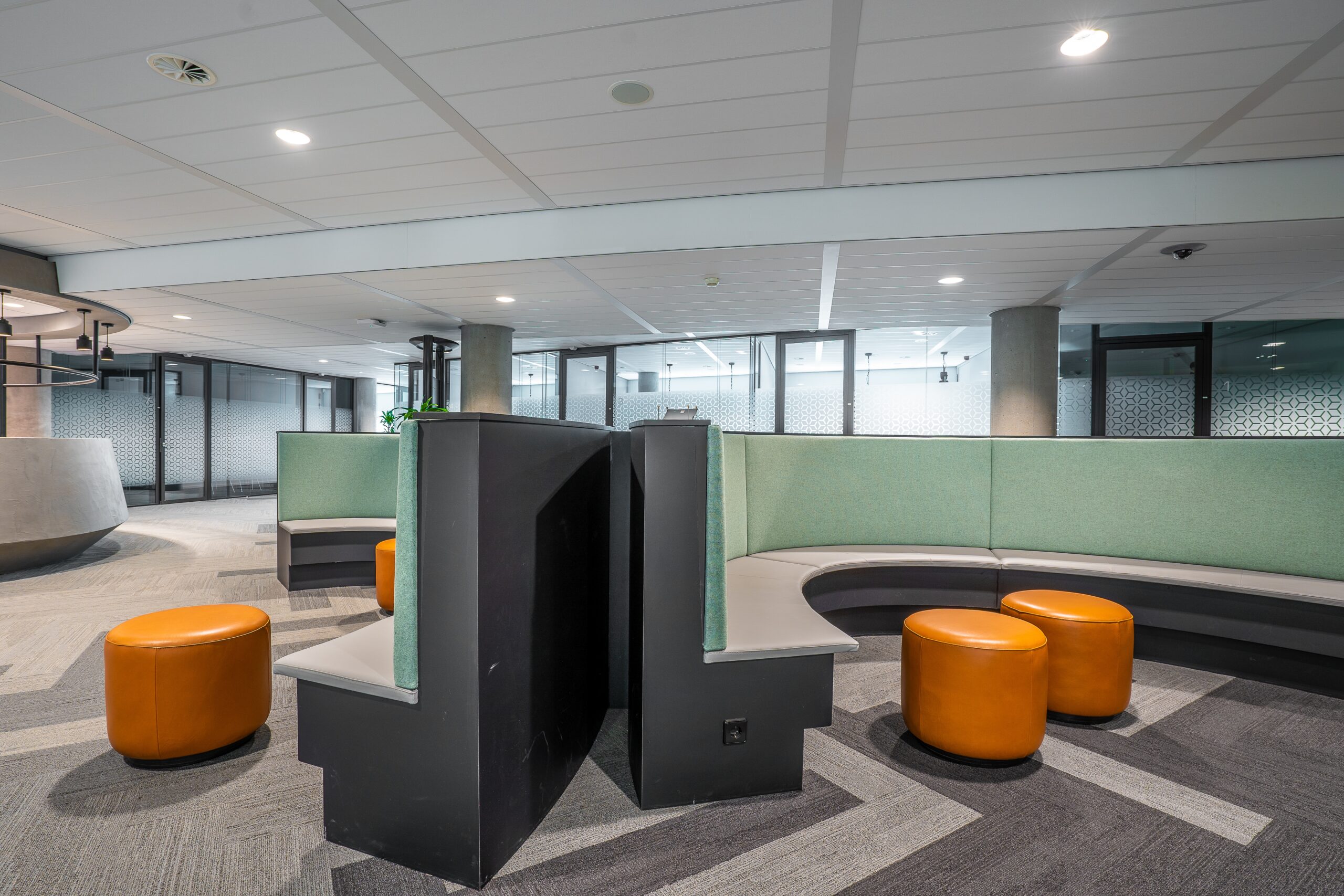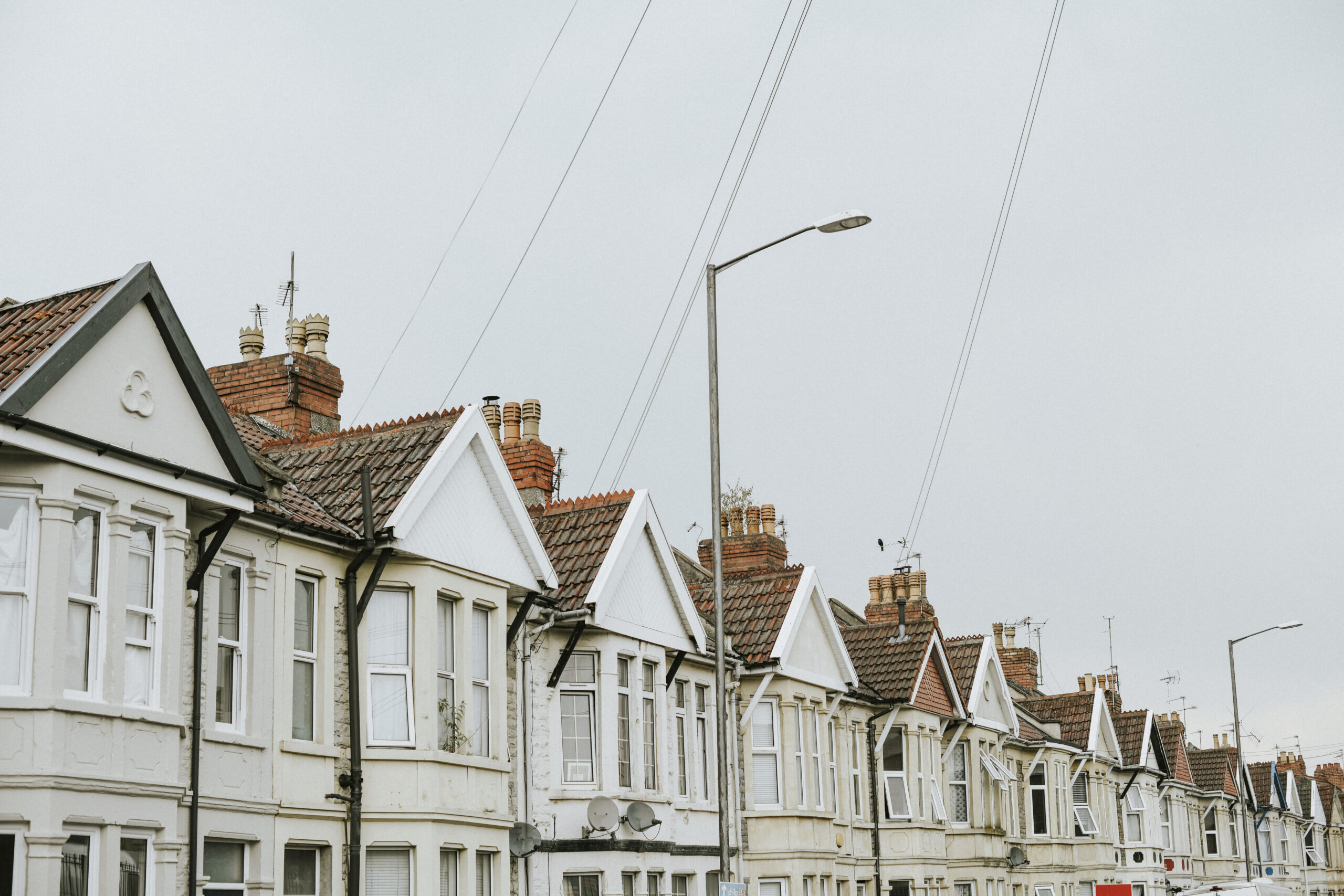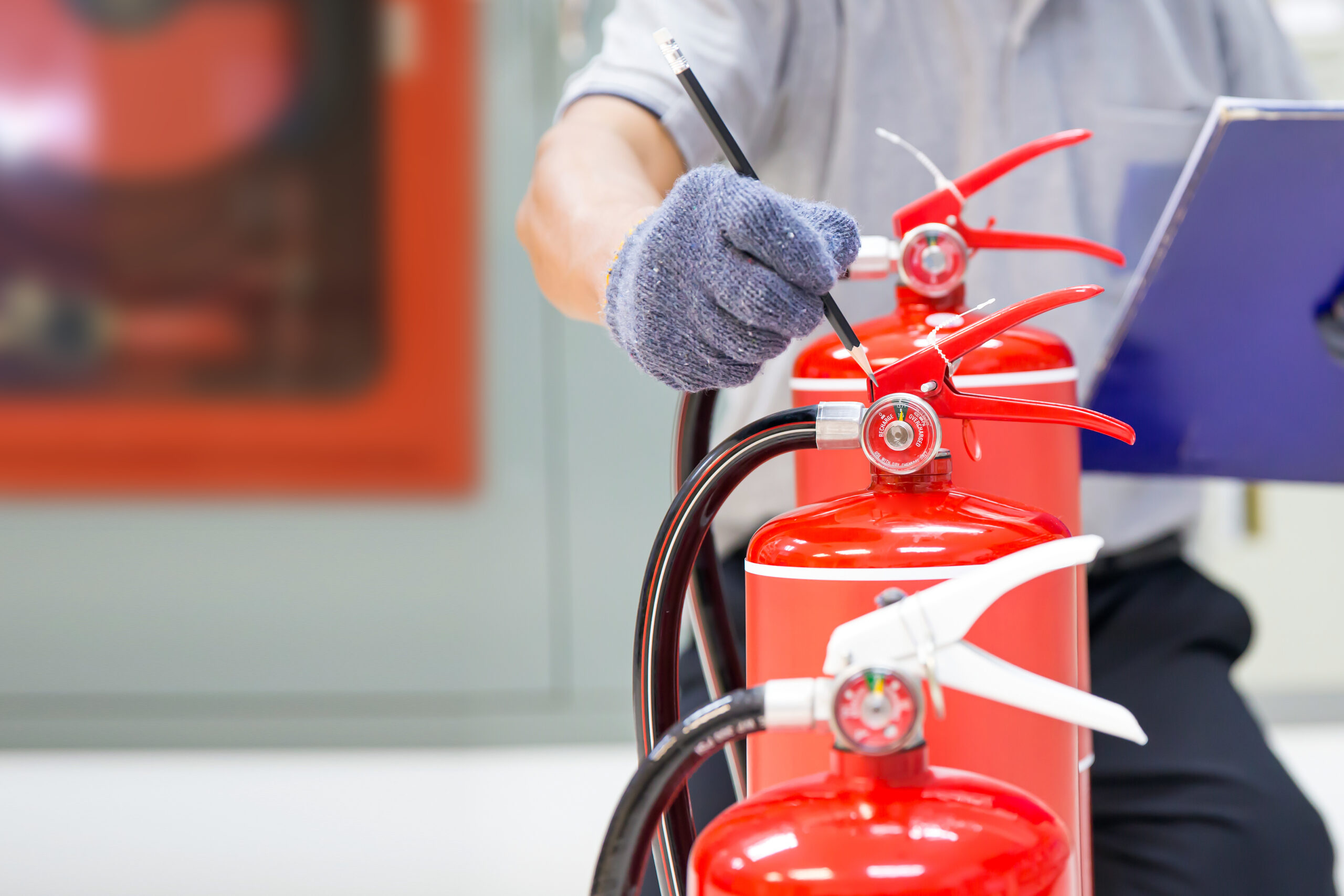Property Risk Assessment
We have 20+ years experience in completing risk assessments for residential and commercial properties.
Do you need to carry out a
property risk assessment?
If you are maintaining a residential or commercial property, you legally must carry out risk assessments. Luckily, here at Dependable, we have over 20 years experience in all things facilities management, including risk assessments for residential and commercial properties. There are a range of different risk assessments that you need to complete, including fire risk assessments, Legionella risk assessments, flood risk assessments, and more.
Risk assessments for commercial properties
Managing commercial properties comes with its own set of challenges. Dependable’s commercial property risk assessments provide you with a comprehensive evaluation of safety and compliance aspects in your properties.
We focus on fire safety, structural integrity, plumbing and electrical safety, security, and regulatory compliance, ensuring that your commercial tenants are provided with a secure and compliant workspace.


Risk assessments for residential properties
As a landlord or property manager, the well-being of your tenants is a top priority. Our residential property risk assessments are designed to evaluate potential hazards in rental properties. We assess aspects such as fire safety, electrical systems, structural integrity, the maintenance of any shared grounds, and more.
By identifying and mitigating risks, we help you maintain a safe and comfortable living environment for your tenants, ultimately ensuring their satisfaction and retention.
Assessments that cover all types of risks, regardless of your property type.

Fire risk assessment
Fire safety is a paramount concern for both residential and commercial properties. Fire risk assessments are designed to analyse your property, its residents, to anticipate and prevent any potential fire risk. If you manage multiple properties then an assessment needs to be carried out for each one.
Regardless of who you choose to perform the fire risk assessment, you will ultimately be responsible for making sure it is correctly assessed. Our fire risk assessments are conducted by certified professionals who evaluate fire detection systems, emergency escape routes, fire extinguisher placement, and other critical factors. We provide detailed reports and recommendations to minimise the risk of fire, protect your property, and ensure the safety of your tenants and businesses.
Four ways to ensure fire safety in your commercial or residential property
- Fire exit signage: Fire exit signage becomes especially critical during emergency evacuations when a change in direction is required to exit the property safely.
- Keep communal areas clear: It is crucial to keep communal areas clear of obstructions to ensure that escape routes remain unblocked during a fire.
- Regular fire door inspections: If your property features fire doors, it is essential to conduct periodic maintenance checks to ensure they operate correctly. Properly functioning fire doors are vital in preventing the spread of fire and smoke during emergencies.
- Check fire detection systems: Fire detection systems, including fire alarms, smoke detectors, and smoke ventilation systems, must be regularly maintained to guarantee they work effectively.
Legionella risk assessment
Legionella bacteria can pose serious health risks, especially in properties with water systems. According to HSE, a landlord’s legal duty is to assess and control the risks of Legionella exposure to their tenants, meaning that all water systems in your property must have undertaken a risk assessment.
Our Legionella risk assessments are essential for property managers and landlords. We identify potential sources of Legionella contamination, assess water quality, and provide guidance on preventive measures and control strategies to safeguard the health of your tenants. If your risk assessment demonstrates a low risk of legionella being present, no further action is required. However, you should still test regularly in case of any changes.
The frequency of legionella water testing in your building depends on your specific system type and the results of your initial risk assessment. As per HSE recommendations, ‘open systems’ like cooling towers, evaporative condensers, and spa pools should undergo tests once a quarter due to their increased susceptibility to contamination, whereas ‘enclosed water systems’ are less prone to contamination and so don’t need testing as often.
If a legionella risk assessment identifies the bacteria in your water systems, weekly testing becomes necessary until the bacteria is completely gone and the water system is deemed safe for your tenants again.

Other necessary assessments
In addition to the specialised assessments mentioned above, Dependable also offers a range of other property risk assessments tailored to the specific needs of landlords and property managers. These may include:
Asbestos risk assessments
Asbestos can be a hidden danger in older properties. Our asbestos risk assessments identify and evaluate asbestos-containing materials, providing guidance for safe removal and management to protect the health of your tenants.


Security risk assessments
Security is a top concern for property managers. Our security risk assessments identify vulnerabilities and recommend security measures to protect against theft, vandalism, and unauthorised access, ensuring the safety of tenants and properties.
Environmental risk assessments
Properties can be exposed to environmental risks such as soil contamination or pollution. Our environmental risk assessments help you understand and mitigate these risks effectively, safeguarding your tenants and properties.

Property risk assessment FAQs
Risk assessments involve the evaluation of potential hazards and vulnerabilities associated with a property. This process helps identify, analyse, and prioritise risks, allowing property owners and managers to implement measures that mitigate or eliminate these risks.
Property risk assessments are crucial for ensuring the safety, security, and overall well-being of occupants. By identifying potential risks such as structural issues, environmental concerns, or security lapses, property owners can take proactive steps to safeguard their investment.
Property risk assessments typically involve a thorough inspection of the physical structure, surrounding environment, and operational aspects of a property. Professionals may use checklists, conduct interviews, and employ specialised tools to identify and evaluate potential risks. The assessment process aims to provide a comprehensive understanding of the property’s vulnerabilities.
Property risk assessments cover a wide range of potential hazards, including structural issues, fire hazards, natural disasters, security vulnerabilities, and environmental concerns. These assessments consider both physical risks, such as faulty wiring or weak foundations, and operational risks like inadequate security measures or insufficient preparations in case of emergency.
The frequency of property risk assessments depends on various factors, including the type of property, its location, and changes in its use. In general, it is recommended to conduct regular assessments, especially after significant renovations, changes in occupancy, or when external factors such as regulatory requirements evolve.
Our clients think we're Dependable

Mark Golledge

Meera C

Jodie Fraser
